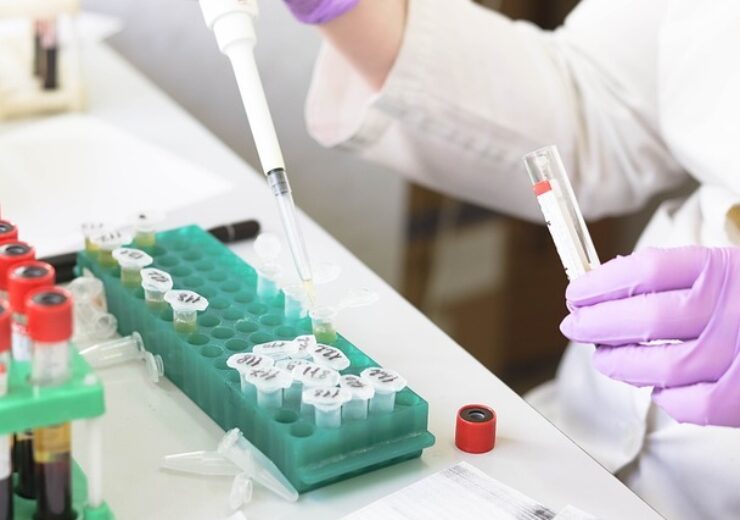The liquid biopsy company will offer the Portrait Flex assay, which leverages its Parsortix technology, through its Onc-ADaPT GCP-compliant laboratories, where its expert team with experience in CTC analysis will conduct the tests

Angle rolls out Portrait Flex CTC assay. (Credit: Tatiana from Pixabay)
UK-based circulating tumour cell (CTC) diagnostic solutions provider Angle has introduced its Portrait Flex CTC assay, which uses the company’s Parsortix technology.
The liquid biopsy company will offer the assay through its Onc-ADaPT GCP-compliant laboratories, where its team with experience in CTC analysis will conduct the tests.
Angle said that the Portrait Flex CTC assay will enumerate and characterise the CTCs, captured and harvested using its Parsortix technology.
It leverages immunofluorescence staining for analysing samples containing epithelial, mesenchymal, blood lineage and nuclear markers, with options for additional biomarkers.
Several clinically relevant CTC biomarkers have been researched using Parsortix technology, including HER2, PIK3CA, PD-L1, EGFR, BRAF, and AR-V7 among others, said Angel.
Angle chief commercial officer Brett Swansiger said: “I am pleased to announce the launch of our new Portrait Flex assay in our Onc-ADaPT clinical laboratories, the first of a number of assays that we will be bringing to market in the coming months for the benefit of our biopharma customers.
“This service, provided by a highly experienced team, can provide valuable data for clinical trials and contribute to the advancement in personalized cancer care.”
According to the company, the Portrait Flex assay has an analytical sensitivity of more than 93% and an analytical specificity of less than 95% for both epithelial and mesenchymal markers.
Angle said that the data generated from the analysis of clinical samples from 16 metastatic breast cancer patients identified CTCs in 81% of patients.
In addition, 38.5% of the CTC-positive patients had ≥1 CTC with high HER2 levels, underlining the test’s capability to assess current HER2 status in breast cancer patients.
Among the patients with CTCs, nearly half of them had a mesenchymal-only phenotype, while the others had a mixed phenotype, supporting Parsortix epitope-independent isolation of CTCs.
The combination of Parsortix technology and the Portrait Flex assay enables personalised testing to meet customer needs and enhance their clinical trial evaluations, said the company.
Angle founder and CEO Andrew Newland said: “Angle has been developing a menu of imaging assays and molecular assays to analyse the CTCs harvested by the Parsortix system. These assays support both Angle’s pharma services business and product business for third-party customers.”
